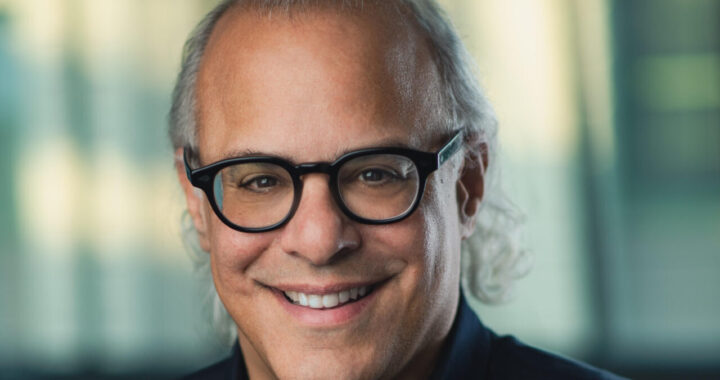By Adam Mitzner
“What do you want out of your writing career?”
These were among the first words my agent asked me. Naturally, I told him that I wanted to be rich and famous, a perennial best-seller, my books translated into as many languages as are spoken, with A-list movie stars fighting to star in the film adaptations.
When I came back to earth, I said, “I want to be able to quit my day job,” which was as a partner in a New York City law firm doing trial work.
My agent said that, in his experience, the best writers had day jobs. He claimed it made them more focused on writing because they had limited time to do it, and their life experiences made their books better.
It has been thirteen years since we had that discussion. I continue to practice law full-time, and when Love Betrayal Murder comes out on May 16, it will be my tenth novel.
In that time, I learned that my agent was absolutely correct. Having a day-job makes me more dedicated because my writing time is precious. He was also right that my day-to-day to experiences with people, places and things in my legal practice enriches my books.
Today, my two professions exist in a symbiotic relationship. I write legal thrillers, drawing my characters and fictional cases from the real-life world I inhabit from Monday-Friday, and my weekend writing makes me a better lawyer by strengthening my ability to distill complex facts and weave a narrative for a courtroom in much the same way that I do for a reader.
But far more important than any professional benefit, I’m much happier. I look forward to writing the way I do when my children come to visit for the weekend. Rather than resent my day job, I’m thankful for it, allowing me the freedom to treat writing as the pleasure it is and not a grind.
Of course, not a day goes by without the realization that I am extremely fortunate to be a published author, to get paid for doing something I love and to have people I’ll never meet, who live in places I’ll never visit, read my words. But the truth of the matter is that I’d write even if I wasn’t going to be published. In fact, some of my best work (at least imho) has never found a publisher.
Therein, I believe, lies the secret.
We all have things we love doing that we do only for ourselves. My wife does puzzles, usually word-based, but she’s the most impressive jigsaw puzzler I’ve ever seen. When she’s got a 5,000-piece splayed out on the dining table, I watch in amazement as she plugs in pieces while on conference calls for work. I swear, in all the years she’s been doing puzzles I have never, not once, fit a single piece.
She doesn’t get paid for it, although if there were a professional league, she’d command a LeBron-sized contract. But I think much the same transformation comes over her when she puzzles as does for me when I write. She’s excited to begin, completely immersed in it to the extent that she forgets to eat, and smiles from ear to ear during the process, even though sometimes she’s studying the pieces like a military tactician.
Which brings me back to my main point: it doesn’t matter what your side-passion is, but you should have one and make time for yourself to do it. Every part of your life will be better for it.
One of the most frequent questions I’m asked is “How do you do it?” I usually explain my writing process, the time I devote it, and how long it takes for me to publish from writing the first word to seeing the finished product in the bookstore. In response, my questioner usually shakes his or her head in amazement.
But, believe me, I’m no magician. I get a full night’s sleep every night and have interests outside of the law and fiction. It’s just that the thing I do for myself isn’t going to the gym or needlepoint or jigsaw puzzles, but writing. The fact that after I’m finished it stops being solely for me and is put out in the world for public consumption is beside the point. The main thing is that I love doing it, and I make time to do it. That’s how I can do it.
And you can—and should—devote time to your passion projects too. All it takes is treating them with importance and respect, rather than considering them to be selfish endeavors or somehow less important than the things you do for a paycheck or out of urgency.
I have a writer-friend who speaks to corporate employees about the importance of having a creative outlet. She told me that there was a study performed in which jazz musicians worked while hooked up to MRI machines. When they were playing pieces written by others, the MRI showed a portion of the brain was used, but when they were composing their own works, the entirety of the brain was involved.
For anyone involved in a creative endeavor such findings only confirm what is felt on an intuitive level. Creating feels different than anything else. More fulfilling during the process. More satisfying when it’s completed.
The simple truth is that very few of us can make a living at our passion. But it is equally true that the lack of renumeration should not deny anyone the utter joy of having a passion and devoting time to it.

